The true story behind Finnish director Klaus Harö’s fifth feature film Never Alone (Nie Allein), which received the Screen Internatonal Best Pitch Award at December’s Baltic Event in Tallinn, has fascinated the director and producer Ilkka Matila alike ever since their childhoods.
“The film’s title refers to the pact made by Finland with Nazi Germany in 1941 against the Soviet Union so that Finland would never have to fight alone,“ explains Matila of Matila Röhr Productions (MRP) who pitched the project in Tallinn and is developing it further as part of the ACE producers programme. “All of sudden, the Jewish boys became comrades-in-arms of the Germans, while, at the same time, Finland had become a kind of Casablanca safe haven for Jews wanting to escape Nazi Germany.”
However, as a way of engratiating itself to the Germans, the Finnish State Police began registering foreign Jewish refugees and finally selected eight to be deported to the death camps. A prominent member of the Jewish community in Finland, Abraham Stiller was the only one to trying to act as a mediator for the asylum seekers and protest against the State Police’s actions.
As Matila points out, this chapter of Finnish history had not been given cinematic treatment before “because it was too painful a story for the state of Finland and the Jewish community to speak about publicly.”
“Some [historians] have even harshly argued that, in the bigger scheme of things, eight lives is a ‘small price’ to pay for keeping the country from falling under total German occupation, which would have placed the country’s own Jewish population under far greater threat,” Harö adds. “But up until this day, no one has proved the necessity of this sacrifice.”
“I can remember hearing about it when I was at school and the first report [about Stiller] came out,” Matila recalls. “Stiller was an unexpected hero who showed the greatest courage and bravery even though he was an old man with nervous problems and trouble in walking.”
Matila and Harö’s previous collaboration on his 2005 film Mother Of Mine had also been an “untold story” focusing in that instance on the war children sent from Finland to Sweden during the Second World War. That film went on to become the most popular Finnish film in Sweden and was sold to over 30 territories.
To date, Matila has close to € 2m in place for the €4m production which is being structured as a Finnish-Swedish-Latvian co-production with either Austrian or German partners. Backing has already been granted by Nordisk Film Distribution (for the Scandinavian rights), Nordic Film & TV Fund, Finnish Film Foundation and Finnish public broadcaster YLE TV1.
“We have eight German actors and 30% of the film is in the German language, so it would be natural to have a German language partner,” Matila explains, adding that principal photography is planned for autumn/winter 2012 with the premiere in 2014.”
While establishing shots would be done in Helsinki, the rest of the shoot – including interiors which make up 20% of the shoot - could be based in Riga and thus access the recently established tax rebate scheme from the Riga Film Fund.
“I am really looking for partners who feel that this project is an important story to be told and are not only looking at the commercial potential,” Matila concludes.





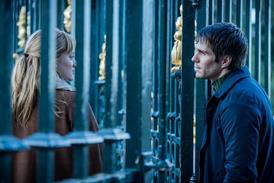

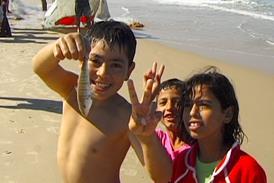

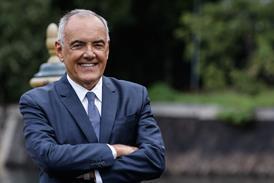


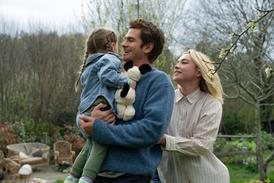
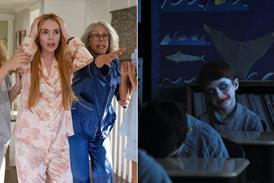

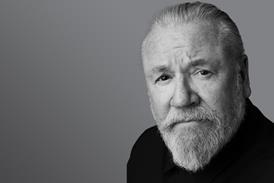
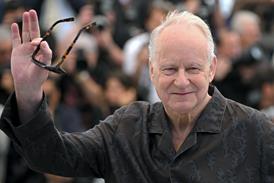






No comments yet